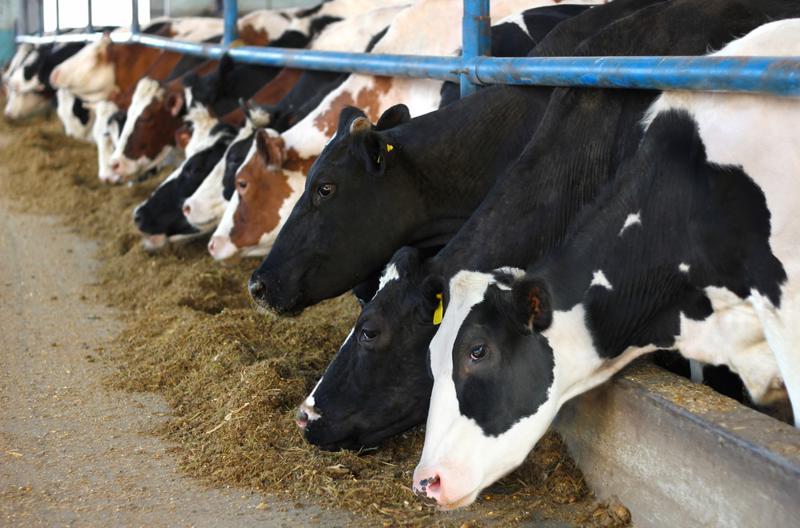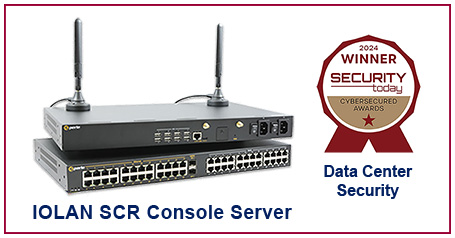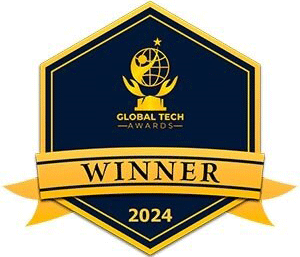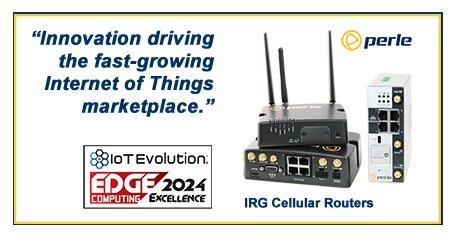
From farm to fork: The use impact of IoT in agriculture
By Perle SystemsMay 31, 2023
Agriculture has always been an essential component of society, providing both subsistence and economic rewards. The role of agriculture is also becoming increasingly important, as we will need to produce 60% more food by 2050 to sustain the global population of 9.3 billion, per the Food and Agriculture Organization (FAO).
Nonetheless, this industry struggles when it comes to issues such as pests and unexpected weather. At present, the introduction of the Internet of Things (IoT) into the agricultural industry is opening up rewarding opportunities for overcoming such problems. Certainly, the IoT is beneficial to several industries, and agriculture is one of them.
Let's take a look at IoT's use and impact in agriculture.
Use of IoT technologies in agriculture
Precision farming: Agriculture requires accuracy to influence the best decisions. IoT technology offers farmers precise control of their farms, allowing them to provide optimal conditions for each plant: light, humidity, temperature and soil condition. This precision control results in efficiency, which leads to greater crop health and increased output.
Crop management: Farmers can make educated choices on pest control, irrigation and fertilization using a network of sensors that provide real-time data on elements such as nutrient levels, temperature and soil moisture. This improves crop health and output, making crop management more effective and sustainable.
Agricultural drones: This technology not only offers versatility and precision, it also takes on some tasks that once required human resources. Drones can be used to distribute fertilizer, monitor health and sew seeds.

Livestock monitoring: Sensors fitted to livestock allow farmers to constantly check the health and productivity of their animals, ensuring that potential health issues are discovered and addressed as soon as possible, resulting in improved administration of livestock.
Robots and autonomous machines: These machines can perform a wide range of farm activities independently and precisely. These IoT-enabled robots are altering agricultural practices and boosting efficiency by eliminating manual work.
Predictive analytics: This is backed by precision farming and vice versa. IoT systems can foresee possible threats, such as insect infestations or severe weather conditions, by leveraging large volumes of data acquired by numerous sensors. These insights enable farmers to take proactive measures to ensure crop health and long-term output.
End-to-end farm management systems: All farm operations, from seeding to reaping and storage, are integrated into a unified IoT-based platform by these technologies. This comprehensive strategy provides farmers with an integrated perspective and complete control over their farm operations, boosting agricultural efficiency, production and sustainability.
Impact of IoT in agriculture
The impact of IoT on agriculture is far-reaching and profound. And it is expected that this will continue as the global IoT in the agricultural market is expected to increase at a CAGR of 12.6% from 2022 to 2031, reaching $84.5 billion by 2031, per Allied Market Research. So far, the most significant effects of the use of IoT in agriculture include:
- Better sustainability.
- Accurate data analysis.
- Efficient use of resources.
- Increased food production.
- Reduced operational costs.
- Improved safety and security.
- Real-time crop planning and forecasting.
- Greater resistance to adverse weather conditions.
Partner with Perle to reap better rewards
Perle offers innovative IoT solutions tailored to several industries. Our products meet the highest worldwide standards and promise to make significant transformations. Contact us today for more information.



